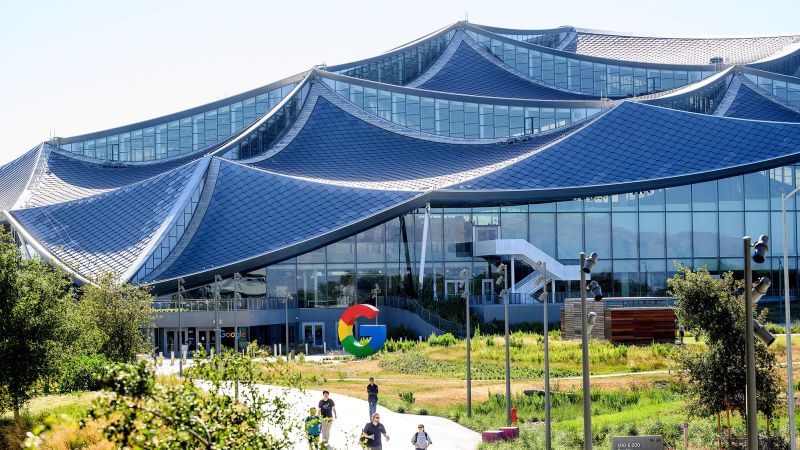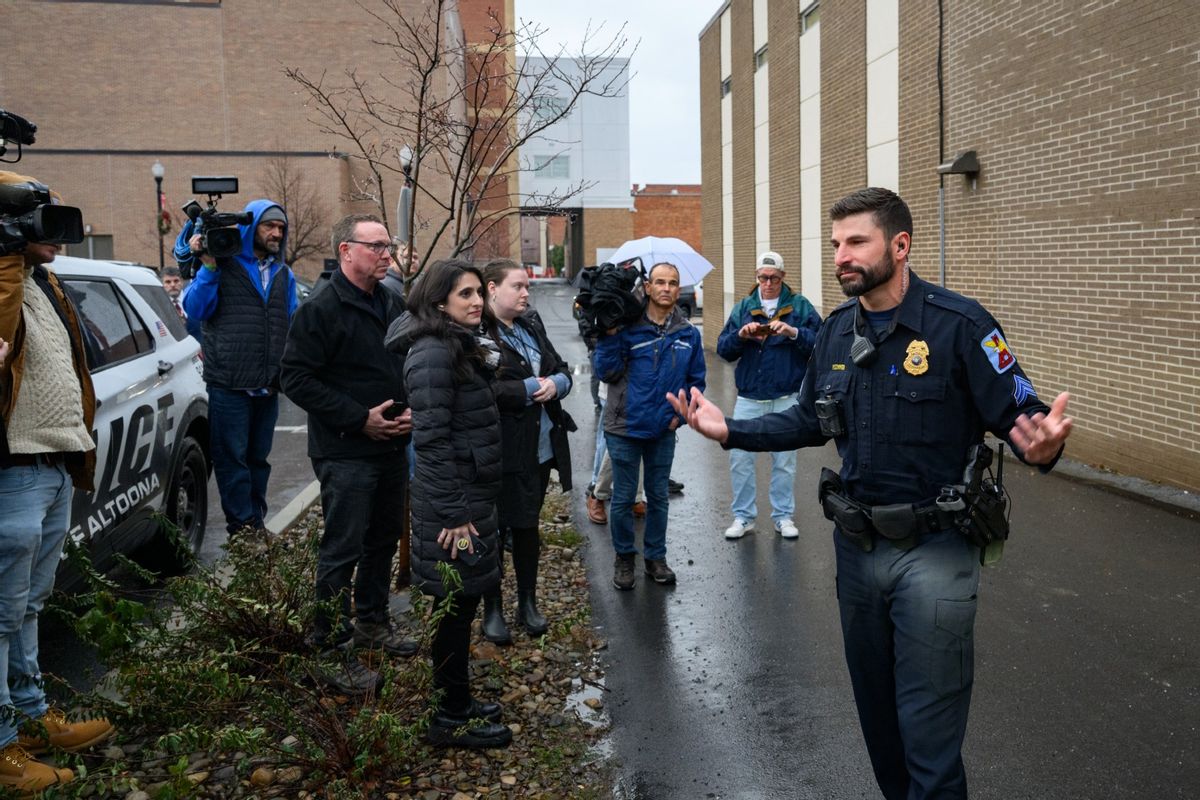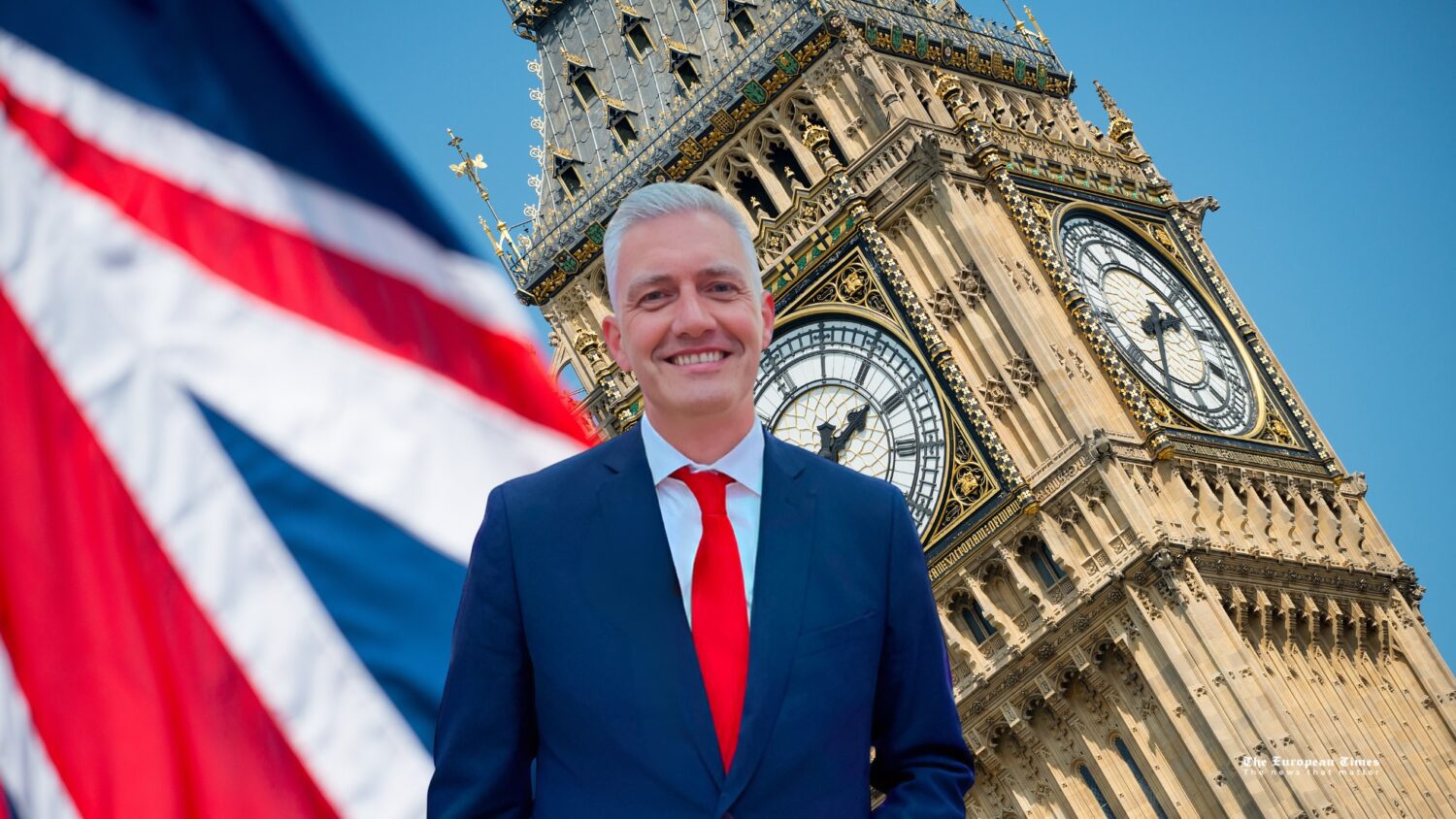Michelle Petersen was sitting in her home office a few days before the November election when her computer began blowing up with urgent messages.
The PTA president and political novice was running for a seat on the San Ramon Valley school board in this affluent slice of the east Bay Area. Supporters wanted to alert her: A report was circulating — on social media and an email blast to elected officials throughout the county — that Petersen had lost her firefighting job over a phony disability claim.
That’s not true. Petersen retired, voluntarily, after her son was born.
The falsehood may have cost Petersen the election, which was decided by fewer than 250 votes out of more than 14,000 cast. More significantly, the smear campaign, abetted by backers of the winning candidate, shows that political disinformation is no longer just the province of malign actors like Russia and China trying to sway a presidential election or determine control of Congress.
Even small-bore contests, like this local school board race, are now subject to willful, weaponized deceit.
“It was only a matter of time,” said Darrell West, a Brookings Institution scholar and expert on political disinformation. “It’s so easy to spread misinformation today because of digital tools and social media platforms.”
The practice can be particularly harmful at the local level, West noted, because “there are very few checks and balances. Local journalism has just been wiped out. The fact-checkers are pretty much gone.”
The San Ramon Valley is a comfortable enclave — a little city, a little country — nestled at the base of 4,000-foot Mt. Diablo. The doctors, lawyers and other professionals who inhabit the area’s gated communities and multimillion-dollar homes send their children to its high-performing, high-achieving schools with an expectation they too will thrive.
The district serves about 30,000 students and boasts a 98% graduation rate, considerably better than the 84% statewide average. Eighty-seven percent of its students go on to attend college within 12 months. Statewide, the figure is 64%.
Prosperity is pretty much a given.
Petersen, 50 and a full-time mom, is mindful of her great good fortune and the blessings of what she called “the privileged life I get to live.”
She wanted to give something back and so, when her son entered kindergarten, she became an advocate for gun safety and violence prevention, volunteering in some of the Bay Area’s roughest neighborhoods. (Her 10-year-old is now a fifth-grader.)
When a rare seat came open this year on the five-member school board, Petersen saw it as a chance to extend her involvement in local education. “I was already doing a lot of that work” through the PTA, she said.
San Ramon’s school board races have typically been low-key affairs. But this contest grew heated and assumed an unusual partisan coloration, reflecting a growing nationwide trend as issues such as masking, book-banning and broad-minded curriculum have become political and cultural flash points.
One of her two opponents, winning candidate Jesse vanZee, hitched himself to a number of right-wing hobby horses, promising to stop “indoctrination” and “woke education” as well as “grooming” and “sexualizing children” — which weren’t problems until VanZee made them out to be.
His candidacy was boosted by a murky group calling itself “East Bay Educators,” which shared the bogus eleventh-hour allegations regarding Petersen and her 2014 departure from the San Jose Fire Department.
The East Bay Times traced the website’s creator to a known internet scammer and reported the email address used to attack Petersen was deactivated when the news organization asked for the owner’s identification.
After VanZee won the election, the newspaper said, he “acknowledged that his supporters, a campaign worker and the spouse of his campaign treasurer were among those who actively shared the disinformation” aimed at Petersen.
He didn’t denounce the effort, nor did VanZee discourage the sliming of his opponent, telling the paper, “There is a big difference between a supporter of a candidate and the candidate himself.”
Alas, as West pointed out, there are no easy solutions to stop the spread of political disinformation.
“The courts have consistently ruled that candidates can pretty much say whatever they want within a campaign context,” he said, even if it’s verifiably false.
And although it’s possible to sue for defamation, the process can be costly and take years to resolve, which isn’t much help within the limited time frame of an election.
“The only real remedy,” West said, “is the disinfectant of transparency. Letting voters know when there are blatant cases such as this and hoping they penalize the perpetrator,” or a candidate who stands to benefit.
That’s little solace to Petersen, who’s still bruised by the underhanded tactics used to thwart her candidacy.
“If he had just run the election and [the false allegations] hadn’t come out, it would have been done,” she said over the buzz at a local coffeehouse. “He would have won, I would have congratulated him.”
Petersen said she’s still being hounded by VanZee supporters demanding she explain her exit from the fire department nearly a decade after the fact.
She marveled at the devious tactics employed “at this little, tiny, local level. It was a school board race.”
“It’s really sad,” Petersen said, and the experience has her wondering why anyone — especially a mom with no grand political ambitions — would want to run for public office. Maybe, she said, that’s the point.
As for VanZee, in an interview with a local website, DanvilleSanRamon.com, he made a campaign vow. “The Board of Education needs principled leadership,” he said, “and I am committed to being that leader if elected in November.”
Too late. VanZee has already flunked that test.





















Discussion about this post